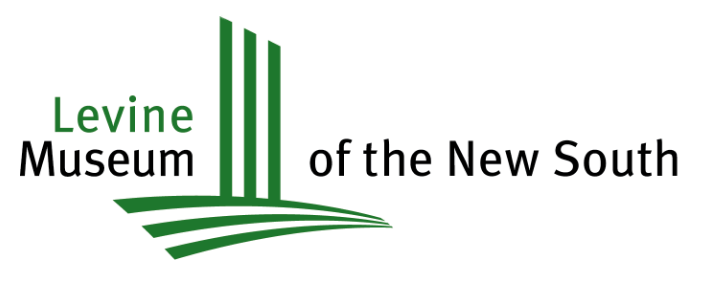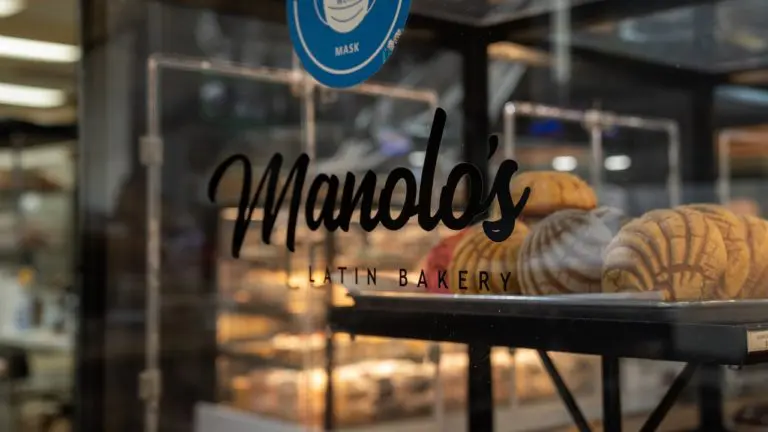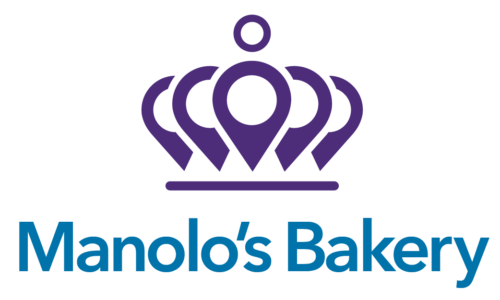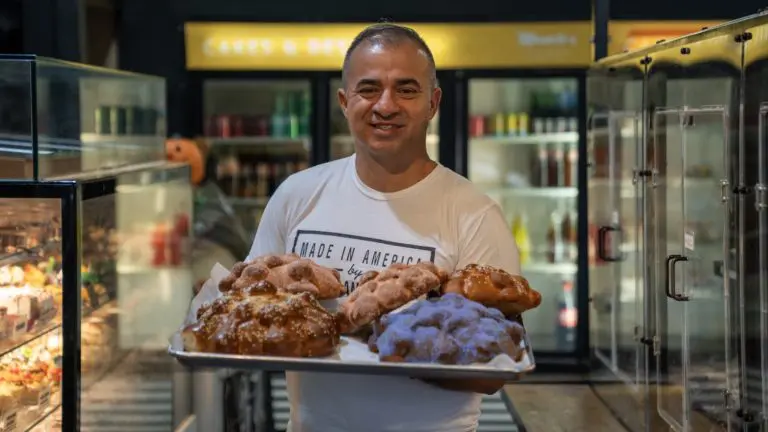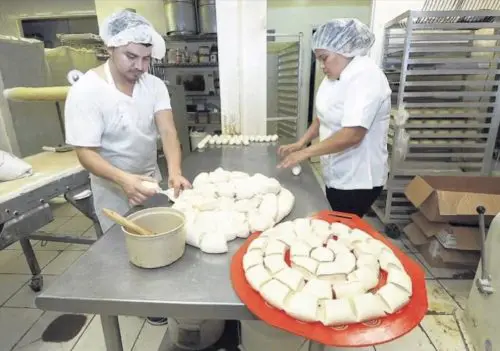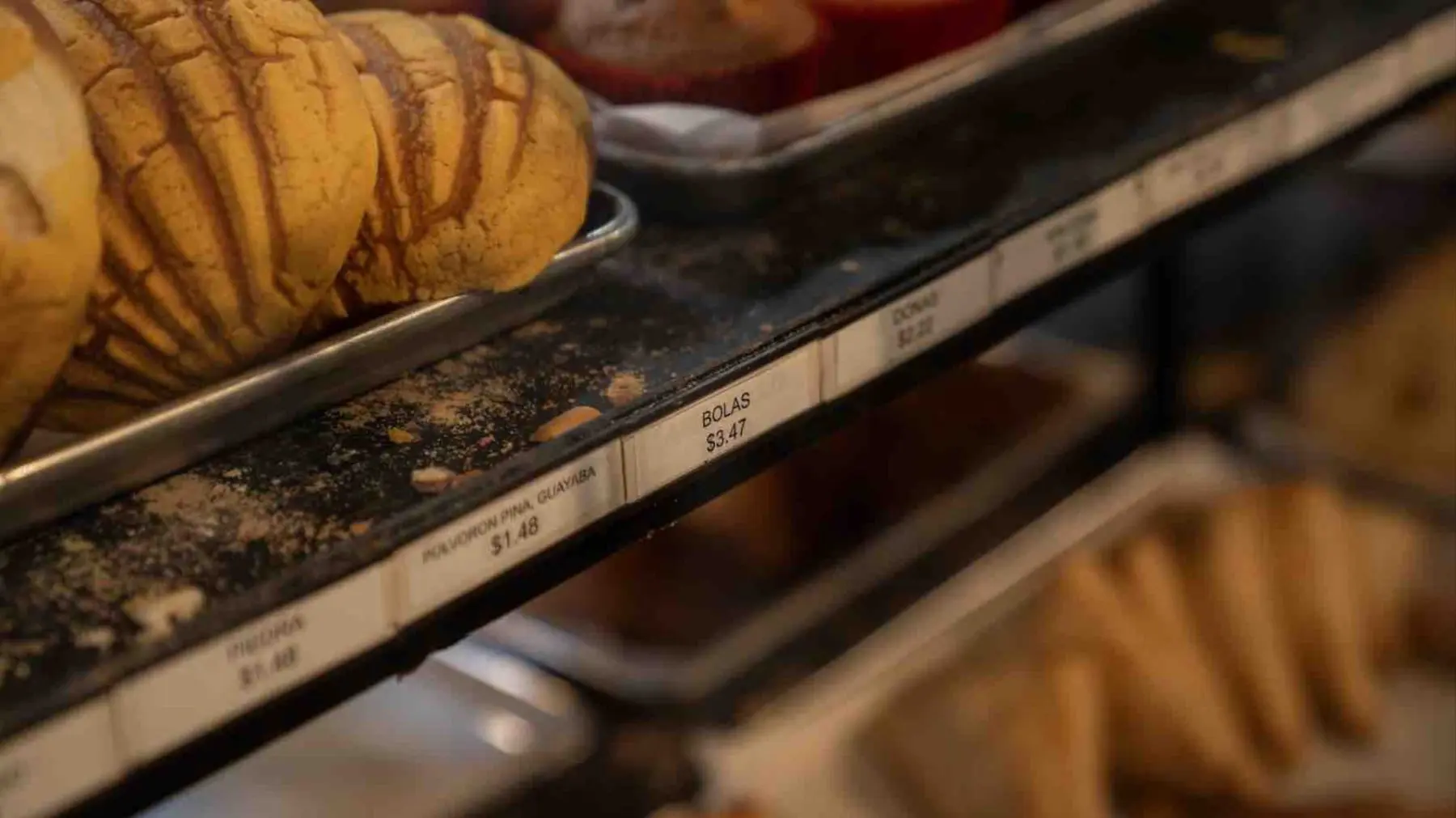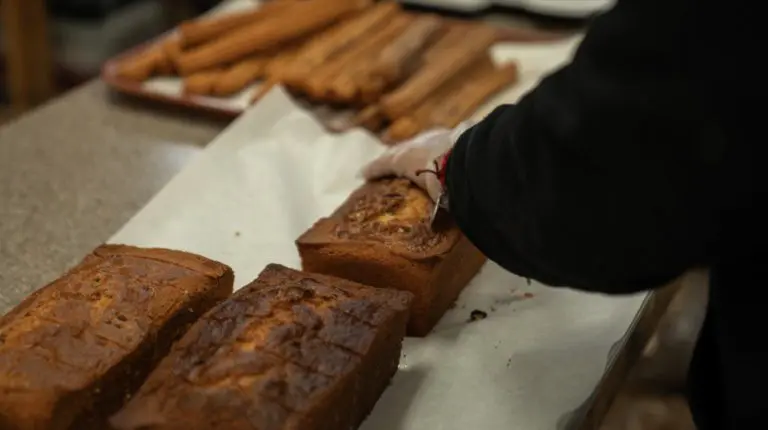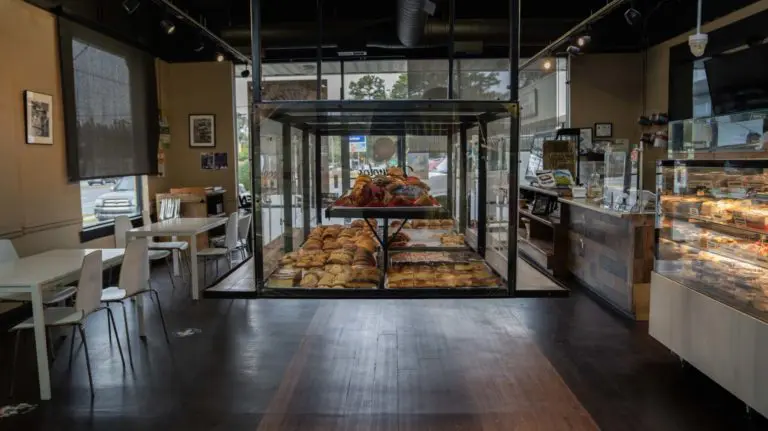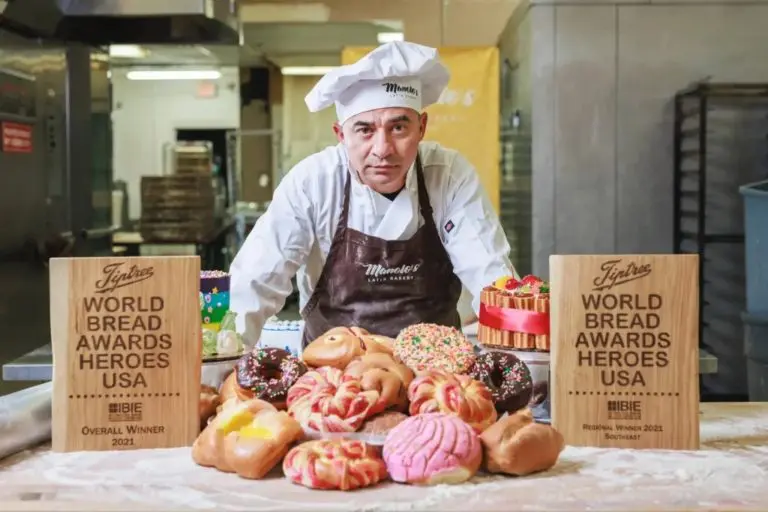Suppose you find yourself entranced by the delicious smells of fresh empanadas and churros when you’re on Central Avenue. It’s probably Manolo’s Bakery—Charlotte’s first Latin American bakery. Manolo’s produces over 65 types of artisan breads and many different types of cakes and desserts, all from Latin American countries. The bakery is located in Charlotte at 4405 Central Avenue and named after Colombian-born American owner Manolo Betancur. Betancur is an entrepreneur, social activist, and philanthropist. He, and his bakery, specialize in delicious breads and desserts–and caring for the community.
East Charlotte is one of the city’s most diverse areas. People from all over the world have settled along Central Avenue. Many Charlotte residents have also moved to the east side for its convenience and affordability. As a result, it is a highly multicultural place. Betancur had this to say about Central Avenue, “it’s beautiful here,” he said, “because it’s a place where Muslims, Europeans, Hindu, African, and other immigrants all arrive.”
Before there was Manolo’s, there was Las Delicias, located in the same building. Las Delicias was founded in 1999 by Mexican immigrants (and Betancur’s former in-laws) Don Aquiles Martinez and Margarita Martinez Carillo. Margarita Martinez learned to make bread while working at Las Delicias in Chihuahua, Mexico. The bakery was a family business, and Betancur was able to work with the Martinez family and learn from them.
Las Delicias was a family business as the Martinez children stepped up to support their parents’ dream. Their daughter, Zhenia Martinez, worked there for four years. Betancur began working for Las Delicias in 2005 and purchased half of the business, becoming part owner in 2011. At that time, the bakery sold to nearly 100 stores and restaurants between North Carolina and Virginia. In 2018, Betancur bought out his partner, becoming the sole owner of La Delicias. That same year, he renamed the business Manolo’s Bakery. Las Delicias was a Mexican bakery; Manolo’s features breads and desserts from many Latin countries and cultures. It serves Conchas, a Mexican sweet bread, Mexican-style Tres Leches cake, and Colombian empanadas alongside other Latin American sweets and breads. But one thing has remained the same- Margarita Matinez’s recipes are still in use at Manolo’s today.
Manolo’s Bakery is a purpose-driven brand whose mission is “our bread, our people, our future, are all connected.” People are at the center of Manolo’s Bakery, as Betancur has a strong sense of community, philanthropy, and justice. He uses his bakery to help local and global communities. Most recently, Manolo’s bakery raised more than $10,000 to aid Ukrainians in Poland. Betancur traveled to Poland to deliver money, hope, and bread to Ukrainian people in need. He also helped rebuild a bakery that had been badly damaged in a Russian invasion.
At home, Betancur made Manolo’s Bakery a sanctuary for undocumented people during U.S. Immigration and Customs Enforcement raids in 2019. He uses his role as a respected business leader to advocate for lasting change within his community. Betancur is nationally recognized not only for his baking, but also for his social activism and philanthropic efforts. He was named World Bread Hero USA in 2021. Manolo’s Bakery has been and continues to be an essential business for not just Central Avenue but all of Charlotte.
Día De Reyes (Three Kings’ Day) is a holiday celebrated across Latin America, Spain, and Latino communities throughout the U.S. on January 6, on the 12th day of Christmas, and it highlights the holiday season’s ongoing celebrations in Latino families throughout January. The week leading to January 6 is also the busiest at the bakery by far, with many customers buying a Rosca de Reyes (Three Kings cake) to celebrate. Since 2011, Manolo’s has taken 10% of their profits from that week and donated them to a local charity.
Manolo’s Bakery, Fiesta Patrias, and Levine Museum, presents an annual Día De Reyes celebration for the Charlotte community: at the center of which is the largest Rosca de Reyes cake in the Carolinas that feeds the large crowd. It’s an example of traditions from around the world finding new ways to be celebrated in the region, while infusing local elements.
